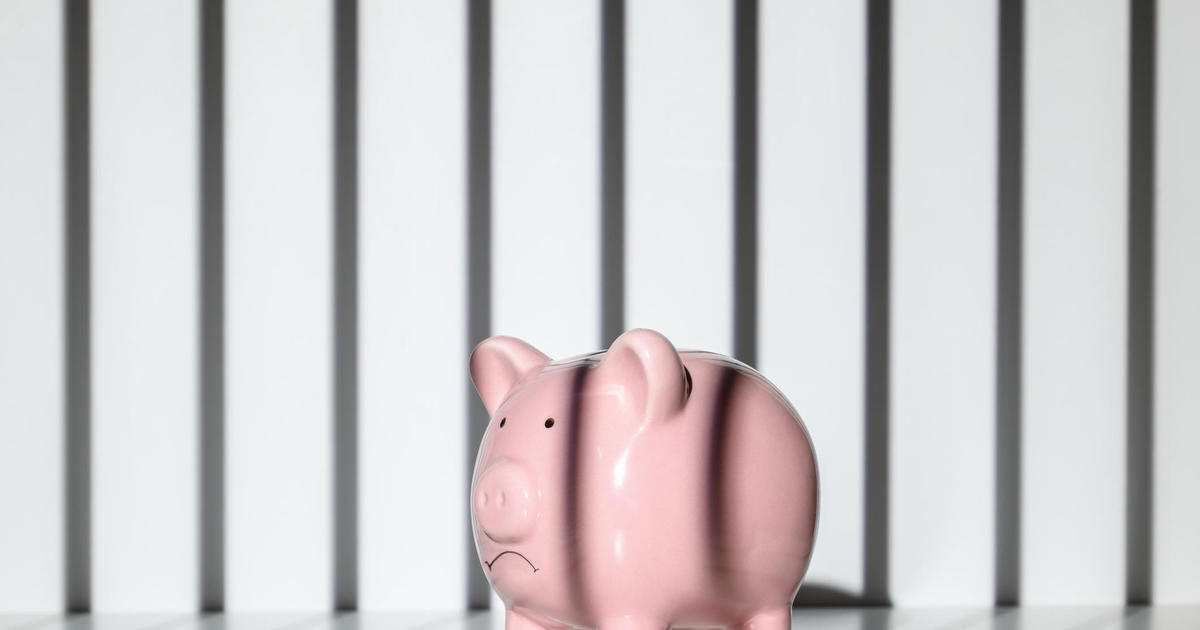For women, the enduring problem of the "pink tax"
A year ago, online retailer Boxed.com started a program to combat the so-called pink tax, where products targeted to women are marked up at higher prices than similar or identical products marketed to men.
At the time, Boxed.com CEO Chieh Huang said he hoped other retailers would follow his company's example.
So what's changed in the past year? Not as much as he had hoped. His company is still reducing prices on products marketed to women that cost more on a per item or per unit basis. It also reduces tampon and pad prices to account for the "tampon tax," the levy that some three dozen states levy on feminine hygiene supplies. As for Huang's hope that other retailers or manufacturers might take similar steps, there hasn't been much progress, he says.
"It was surprising that no other retailer joined us in this," he said. "That allows us to see who believes in what they do and backs up what they advertise on TV."
A few retailers in Europe have cottoned on to the idea, such as Tesco, which said it would eat the 5 percent value-added tax on tampons and pads, but U.S. retailers aren't taking up the challenge.
Boxed.com is taking a hit on the products, he added.
"It's tough," Huang said. "We could break even on a good amount of products, but right now it's a tough game to lop it off the top."
Despite resistance from retailers, state lawmakers are increasingly paying attention to the tampon tax. Connecticut, Illinois, New York and Washington, D.C. have adopted proposals to exempt tampons and pads from sales taxes. The theory championed by women's advocates is that tampons and pads are necessities for women, not a luxury or discretionary purchase, and thus shouldn't be taxed.
One lawmaker in California did a quick calculation, figuring out that its female residents pay $7 a month in taxes on tampons and pads, adding up to $20 million in annual taxes for the state. (Skeptics point out there's no actual specific tampon tax, but that the supplies are taxed the same as many other consumer products.)
"I still see it from a state-to-state level, and we've been seeing more and more in terms of repealing the tampon tax," said Nitasha Mehta, associate director of marketing at Boxed.com. Mehta originally brought the idea of tackling the pink tax to Huang, and now testifies about the issue in state legislatures.
"Over-the-counter medications aren't charged sales tax, neither are condoms, but pads and tampons are," she said. "We didn't understand why women have to be charged up to 10 percent in sales tax for an item that's a necessity."
Some states may be hesitant to lose the revenue, especially states with budget shortfalls, she added.
For many consumers, the issue boils down to fairness, especially given women on average earn 81 cents for every $1 earned by men yet are charged more for many products and services. Even adjusting for education and experience, women are earning less than men, economists have found. About one-third of the pay gap is unexplained by factors such as occupational choice, which has prompted some researchers to question whether bias is to blame.
The response from customers has been "great," Mehta said. "It's been a pretty significant increase in sales," she noted.



